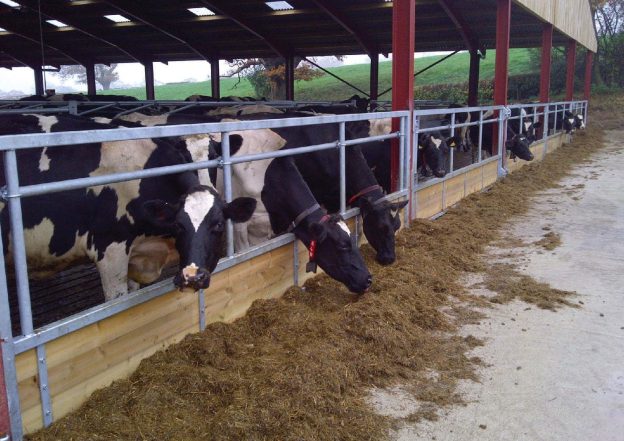Micronutrients are the critical components of animal feed. They help to enhance immunity and preserve the health of animals. These nutrients are broadly categorised into minerals and vitamins, with some other additions too. They perform all sorts of functions, such as teeth and bone formation, digestion, and improving production capabilities. Others would be combating stress and preventing infection. So, they are incredibly important.
Like humans, farm animals demand proper nutrition for their well-being. The micronutrients are the vital parts that animals don’t receive from their standard diet. However, they are not solely supplements of suitable minerals and vitamins. They’re also there to make food more palpable. This way, the animals can keep eating them.
Mayor benefits
As we said, the micronutrients carry out all sorts of tasks. Examples include improving reproduction, growth, and metabolism. Thus, they play an essential part in enhancing the agricultural production of eggs, fibre, meat, and milk.
One of the most important things micronutrients do is supply energy in the right manner. This permits animals to work and reproduce correctly, leading to the best production possibilities. Therefore, it is crucial to choose quality animal feed.
What’s more, micronutrients are essential bioactive molecules and cofactors of enzymes. Despite animals needing them in small amounts, they play a major part in the correct functioning of certain enzymes. These are ones that affect physiological, biochemical, and metabolism operations.
Micronutrients can also affect bone health. They will help stop fractures and other injuries. This will lower bone resorption and increase formation.
Categories
There are several categories of animal feed micronutrients; you must ensure animals get sufficient amounts of each one.
Minerals
Firstly is minerals. Two kinds are necessary for farm animals. Macrominerals is one of them, which include sodium, potassium, phosphorous, and calcium. They’re employed to boost teeth and bone health. At the same time, they increase muscle support and bodily fluid regulation.
The other is microminerals that include selenium, manganese, iodine, iron, zinc, cobalt, and copper. These are primarily used to help immune function and blood synthesis. It’s the same for iodine metabolism and thyroid hormone synthesis.
Vitamins
Secondly we have vitamins. There are individual ones, with each providing a particular role. Some that feature in most types of animal feed are B1, A, D3, B6, B12, nicotinamide, folic acid, choline, and pantothenic acid. These are specifically for increasing synthesis, carbohydrate, prothrombin, and amino acid metabolism. It’s the same for acetate and fatty acid metabolism.
Enzymes
Next is enzymes. These are broadly employed to supplement digestive enzymes within animal stomachs to break feed down. This aids with increasing egg and meat production.
Amino acids
Usually, synthetic aminos get added to feed micronutrients. They include methionine, tryptophan, threonine, and lysine. These work to stop the growth of harmful pathogens. The acids also aid the immune systems of animals and protect nutrients from breaking down.
Antibiotics
Some types of feed also include antibiotics, although they are not micronutrients. Introducing them helps with treating diseases. At the same time, this can result in faster growth.
Buy high quality animal feed
At JS Hubbuck Ltd, we have plenty of fantastic products available. You can rely on them to keep your farm animals in fit form. They will be able to carry on doing what you need them to, whether it is producing food or working.
So, let us know if you’re interested in purchasing animal feed or anything else. We’ll be able to offer details and arrange delivery.

